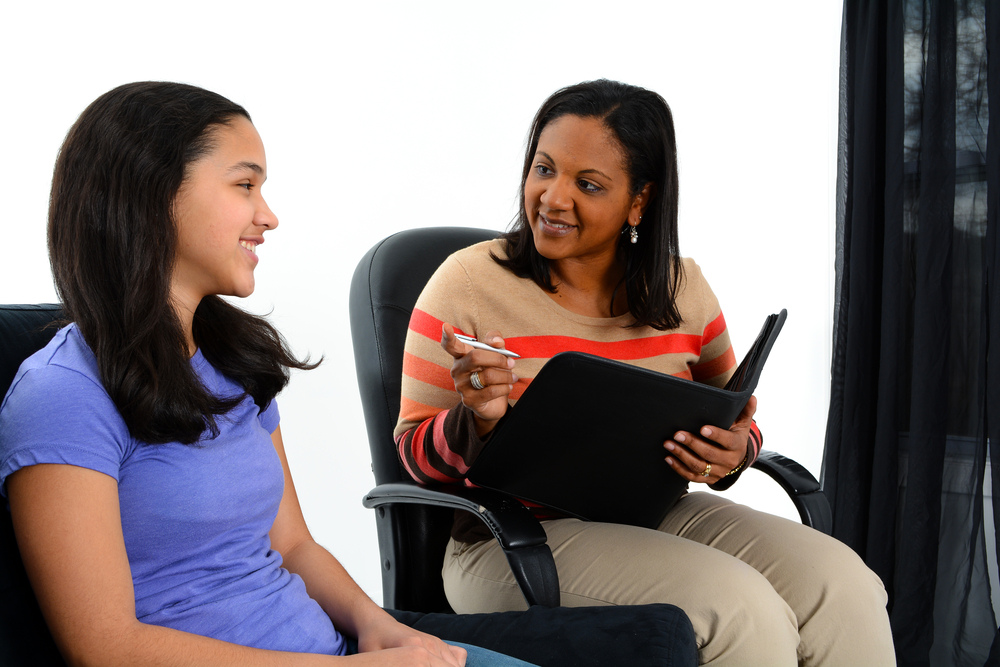
Codependency refers to enabling and controlling behaviors, poor boundaries, lack of self-care, and focusing on others needs instead of one’s own needs.
Codependency and Trauma
Many children grow up with their feelings and instincts constantly invalidated. This is usually done by adults who don’t know how to manage emotional distress in a healthy manner, who have poor nervous system regulation, and who are emotionally immature themselves. Without this validation, children learn to believe what others seem certain about. “Someone out there knows better than me. Someone else has the right answer” is the thought pattern. These children grow up to become adults who can’t set and hold boundaries, who stay in unhappy relationships for too long, who fall into codependency, who think they have to try hard to have love.

Signs of Codependency in Trauma Survivors
Codependency is a trauma response from childhood. It’s a set of learned coping methods that are subconscious in nature. Codependency in relationships is often characterized by excessive emotional, psychological and physical reliance on one another. Common signs of codependency include:
- Feelings of helplessness when apart from the other person.
- Constant need for reassurance that everything is okay.
- Sacrificing your own needs to serve the needs of your partner.
- Fear of abandonment.
- Difficulty making decisions without your partner.
- An inability to express your own thoughts or feelings.
Healing Traumas and Codependency
In order to heal from codependency, it is important to recognize what behavior patterns are unhealthy and work towards changing them. Even though the development of these behaviors is not your fault, it is important to recognize that behaviors are damaging to your life and addressing them will only improve your wellbeing and the wellbeing of your relationships. Here are some tips to start the healing process:
- Make time for yourself and focus on your individual needs: It is important to set aside time for yourself away from your partner and focus on pursuing activities that bring you joy.
- Set boundaries: Establish healthy boundaries in the relationship, such as respecting each other’s privacy and not crossing into one another’s personal space or decisions without permission.
- Engage in self-care: Spend time doing things that make you feel good, such as reading a book or going for a walk.
- Practice communication skills: Learn to express your needs, wants and feelings in an appropriate and respectful way.
Seek professional help: If you feel overwhelmed or unable to break unhealthy patterns on your own, don’t hesitate to seek out the help of a therapist in your area.



